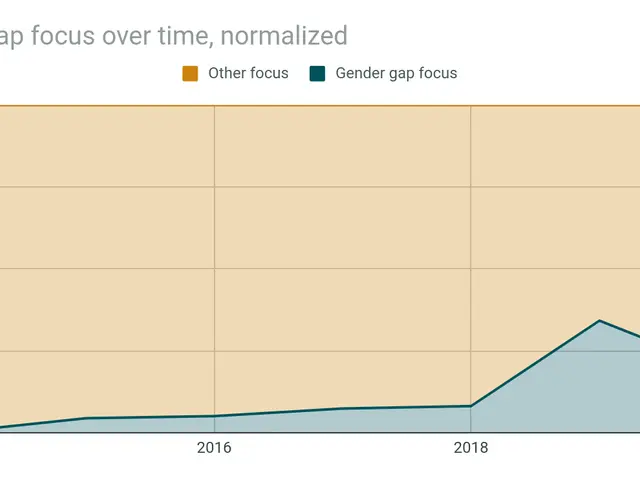Study Abroad Participation Soars, But Minority Students Lag Behind
Study abroad opportunities among US students have seen a significant rise, with nearly 50% more participants in 2022/23. However, minority students, particularly African American or Black students, remain underrepresented, making up only 6% of participants despite being 12.5% of postsecondary enrolments.
The benefits of studying abroad are clear, with over 76% of students hoping or planning to do so by 2025. A majority of respondents in a study involving over 8,000 graduates reported that their international experience had a very or extremely important influence on their career path. This is supported by another study finding that US students who studied abroad earned 6% more on average in their first career than those who did not.
Businesses also recognise the value of international experience. A survey of over 1,200 US businesses showed that 96% believed overall performance would increase with more international employee expertise. Furthermore, 84% of these businesses planned to place greater emphasis on international competence among employees in the next 10 years. Despite these benefits, the Trump administration's cancellation of federal grants for 22 study abroad programs totals $100 million in funding, potentially hindering future opportunities.
The growing recognition of the benefits of study abroad, particularly for career advancement and business success, highlights the need for increased participation. However, the underrepresentation of minority students in these programs suggests a need for targeted initiatives to ensure equal access to these opportunities. The loss of federal funding for study abroad programs also presents a challenge that must be addressed to maintain and expand these beneficial experiences.
Read also:
- Executive from significant German automobile corporation advocates for a truthful assessment of transition toward electric vehicles
- United Kingdom Christians Voice Opposition to Assisted Dying Legislation
- Democrats are subtly dismantling the Affordable Care Act. Here's the breakdown
- Financial Aid Initiatives for Ukraine Through ERA Loans






